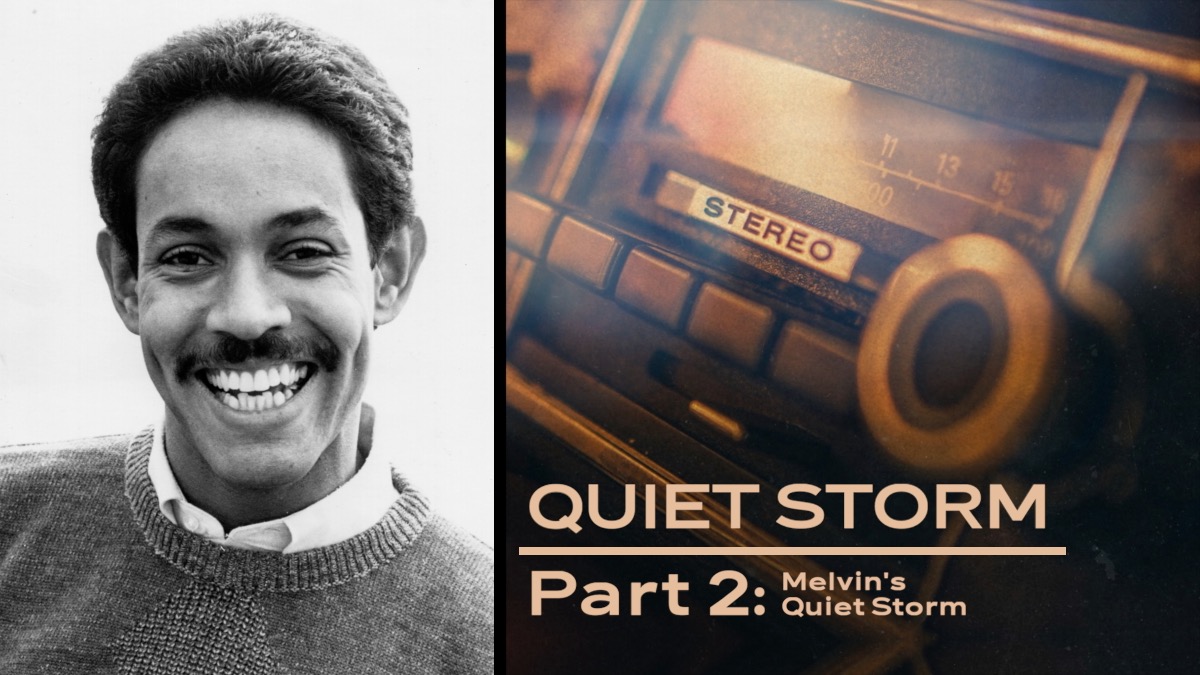
More than most of the disco hits of 1978, “Boogie Oogie Oogie” keeps at least some connection to soul music. Instead, “Boogie Oogie Oogie” is a song about escape, about losing yourself on the floor.

And “Boogie Oogie Oogie” works especially well because Johnson and Hazel Payne never seem to consider it to be a silly song.

Indeed, “Boogie Oogie Oogie” ties back to a long and proud tradition of bubblegum-pop nonsense, one that predates disco by years. My old boss Chuck Eddy once pointed out the similarities between “Boogie Oogie Oogie” and “ The Oogum Boogum Song,” a minor 1967 soul hit from Brenton Wood. Listening to “Boogie Oogie Oogie,” though, you’d have no idea that Janice Marie Johnson wrote the song because she was pissed about a bunch of insufficiently appreciative Air Force guys. Johnson, angry at the icy reaction they’d gotten, wrote “Boogie Oogie Oogie” as a kind of command: “If you’re thinking you’re too cool to boogie, boy oh boy, have I got news for you/ Everybody here tonight must boogie/ Let me tell you, you are no exception to the rule.” Boogieing was imperative. The song was a response to a tough night they’d spent playing an Air Force club. Johnson and keyboardist Perry Kibble wrote “Boogie Oogie Oogie,” their first single. That got them signed to Capitol, and the Mizell brothers produced their self-titled 1978 album. In 1978, A Taste Of Honey met up with two producers, Jackson 5 collaborator Fonce Mizell and his brother Larry. By the time their lineup solidified, A Taste Of Honey were led by two women, singer/bassist Janice Marie Johnson and singer/guitarist/keyboardist Hazel Payne. Gregory Walker, the band’s original lead singer, left in 1976 to join Santana (a group who, in a much later incarnation, will appear in this column). The band went through tons of lineup changes over the years. That rules.Ī Taste Of Honey started in Los Angeles in the early ’70s, naming themselves after a Herb Alpert song, and they spent years honing their craft, heading out on USO tours and playing on American military bases throughout the world. A Taste Of Honey’s “Boogie Oogie Oogie” gets even looser with it simply by turning the word “boogie” into an echo of itself, pushing it further into the realm of pure gibberish. “I’m Your Boogie Man” is the tale of a guy who likes to dance and have sex and who uses the same verb to describe both of them. “Boogie Fever” is about an epidemic of dancing, an urge that takes people over even when they’re at pizza parlors and drive-in movies. Songs about boogieing are somehow even more frivolous, if only because the word “boogie” is a sillier word than “dance.” That’s a good thing.īefore A Taste Of Honey came along, the Sylvers got to #1 with “ Boogie Fever,” and KC & The Sunshine Band followed them with “ I’m Your Boogie Man” - two gloriously goofy songs. Songs about dancing are, almost by nature, frivolous. In the ’70s, as far as I can tell, “boogie” was just a synonym for “dance.” But a lot of the best disco smashes of the ’70s are about boogieing, not dancing. The word “boogie” isn’t quite gibberish it has a whole etymology. Pop music often works best when it’s most meaningless, when it reaches for a level of pure euphoric silliness. In The Number Ones, I’m reviewing every single #1 single in the history of the Billboard Hot 100, starting with the chart’s beginning, in 1958, and working my way up into the present.


 0 kommentar(er)
0 kommentar(er)
